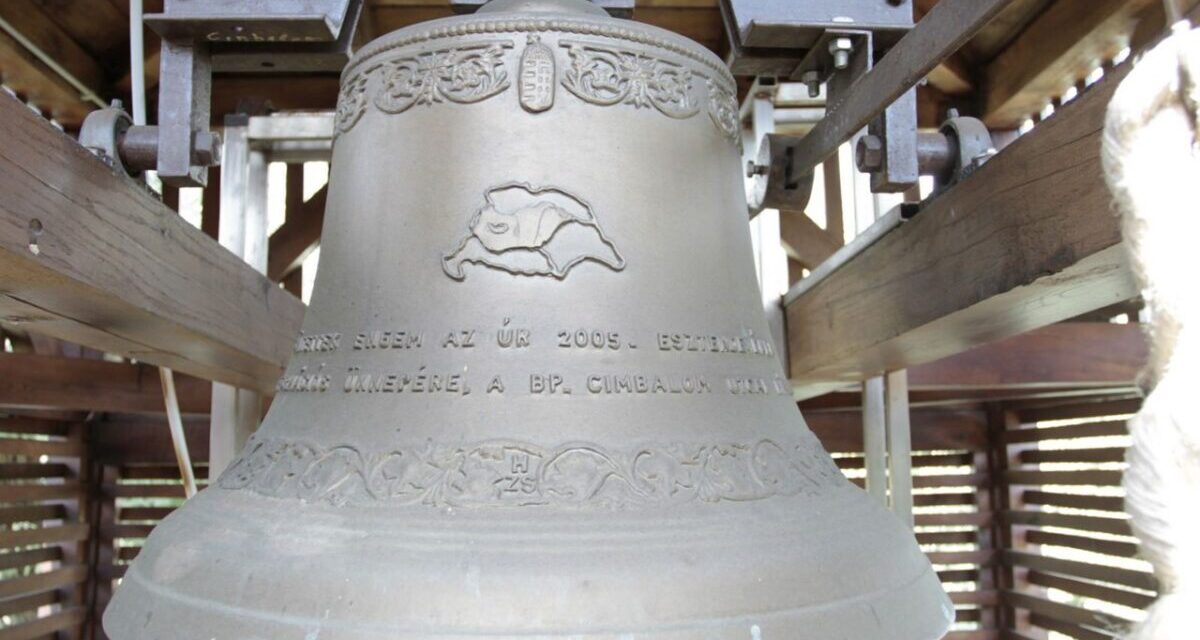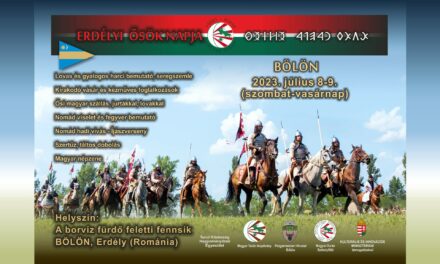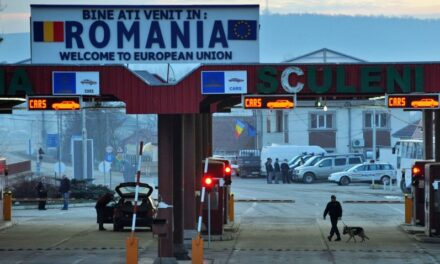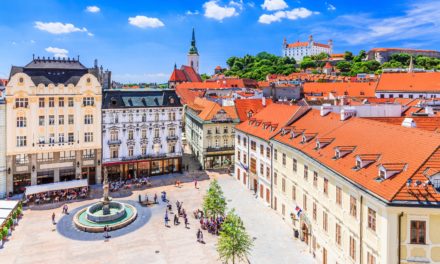The 104th anniversary of the Trianon Peace Edict is approaching.
The day of national unity indicates that we were one even when we were separated, we are one and we will be one, as long as Hungarians live in these regions, said the parliamentary state secretary of the Ministry of Public Administration and Territorial Development on Sunday in Újszentiván.
Csaba Latorcai stated at the ceremony held in the town of Csongrád-Csanád County that the unity of Hungarians is nothing more than the translation of the dictate imposed on Hungary and mocked as a peace treaty into peace.
The politician, who also holds the position of executive vice-president of the KDNP, said before the inauguration of the unity monument erected in front of the village hall in Újszentiván, that the unity of Hungarians encourages and encourages us to believe in ourselves and that we were and will be able to give successful answers even in the most difficult historical times.
- These successful answers can only be found if we join together and steadfastly stand by the cause of peace - he added.
- Europe is once again going through a critical period, one when the war and the resulting economic crisis define its everyday life - said Csaba Latorcai. He stated: this critical period can only be survived and the common future can be built if the continent is capable of spiritual and moral renewal. The politician emphasized:
We Hungarians are building a common future even in the middle of a peaceful continent.
He called it important to stand for peace and to believe that 21st-century Hungary, the Hungarian nation and the whole of Europe can only be successful together in order to build a common future.
"The message of the day of national unity is a message of peace," said the state secretary. Csaba Latorcai emphasized that he trusts that the voice of peace will make its way, and this gives a chance for sanity to prevail over war psychosis.
"Let's not forget that the same great powers that dictated peace on June 4, 1920, want to dictate war today," he said, adding: just like on June 4, 1920, our future, our survival, is at stake now.
Neither the European Union nor the world's major powers receive enough attention for the issue of indigenous national minorities - this was already said by the Chief Advisor to the Prime Minister Katalin Szili at the ceremony.
At the "Hungarian-Hungarian" conference organized on the occasion of the Day of National Unity, the politician said that during the debates of the past few days, not a single opposition representative mentioned the issue of indigenous national minorities, even though the fate of more than 50 million people in Europe is at stake. It is important for Hungary to have proposals for international institutions - emphasized the chief adviser.
Among these, the politician mentioned that all countries must accept that the indigenous national minorities living there are state-creating factors, and also that belonging to a nation cannot be equated with citizenship.
In the next six months, Hungary will hold the presidency of the European Union, which gives an opportunity to focus attention on the issue of national minorities, the politician said. The steps taken by the government since 2010, despite the physical borders, have really reunited the Hungarianness of the world, said Katalin Szili. He drew the attention of those present to the fact that on June 9, members of the European Parliament must be elected who care about the nation and the communities across the border.
Ferenc Kalmár, the ministerial special representative responsible for the development of Hungary's neighborhood policy at the Ministry of Foreign Affairs and Trade, stated: our survival is a fundamental Hungarian issue.
The politician born in Brasov emphasized that although the number of Hungarians in the Carpathian Basin is significantly decreasing, a national policy was launched in 2010 that strengthens the Hungarian communities.
In her presentation, MEP Andrea Bocskor (Fidesz) stated that Trianon was a dictate born of hatred and a desire for revenge, and it was unfair to those who were separated across the border and to those who remained in the truncated Hungary.
Transcarpathia had the worst fate, the people living there had to preserve their identity by going through five changes of power in the 20th century. As a result, the community developed a strong sense of local identity, a will to fight and survive, he said.
He added: after the collapse of the Soviet Union in 1991, the Ukrainians very quickly forgot what it meant to be a minority, and began to use the same methods that the Soviets used before. The Hungarians of Transcarpathia have been living in the shadow of war for more than two years, of which the community is a victim, despite this, the schools, cultural institutions, and civil organizations are functioning, the politician pointed out.
EP representative Andor Deli (Fidesz) stated that the period of the South Slavic wars still has an impact on the Vojvodina Hungarians.
The real turning point for the community came in 2010, when a dialogue between the leaders of the two countries started after the change of government in Hungary. He added that the Vojvodina Hungarians played a catalytic role in this (thanks to István Pásztor). In addition to the enforcement of typical minority rights, the economic development program started with the support of the mother country, which already helps families stay in their homeland by providing a living, has brought about a significant change, said the politician.
Hungarian Nation
MTI
Cover image: The day of national unity is approaching
Source: reformatus.hu/ Richárd Kalocsai













